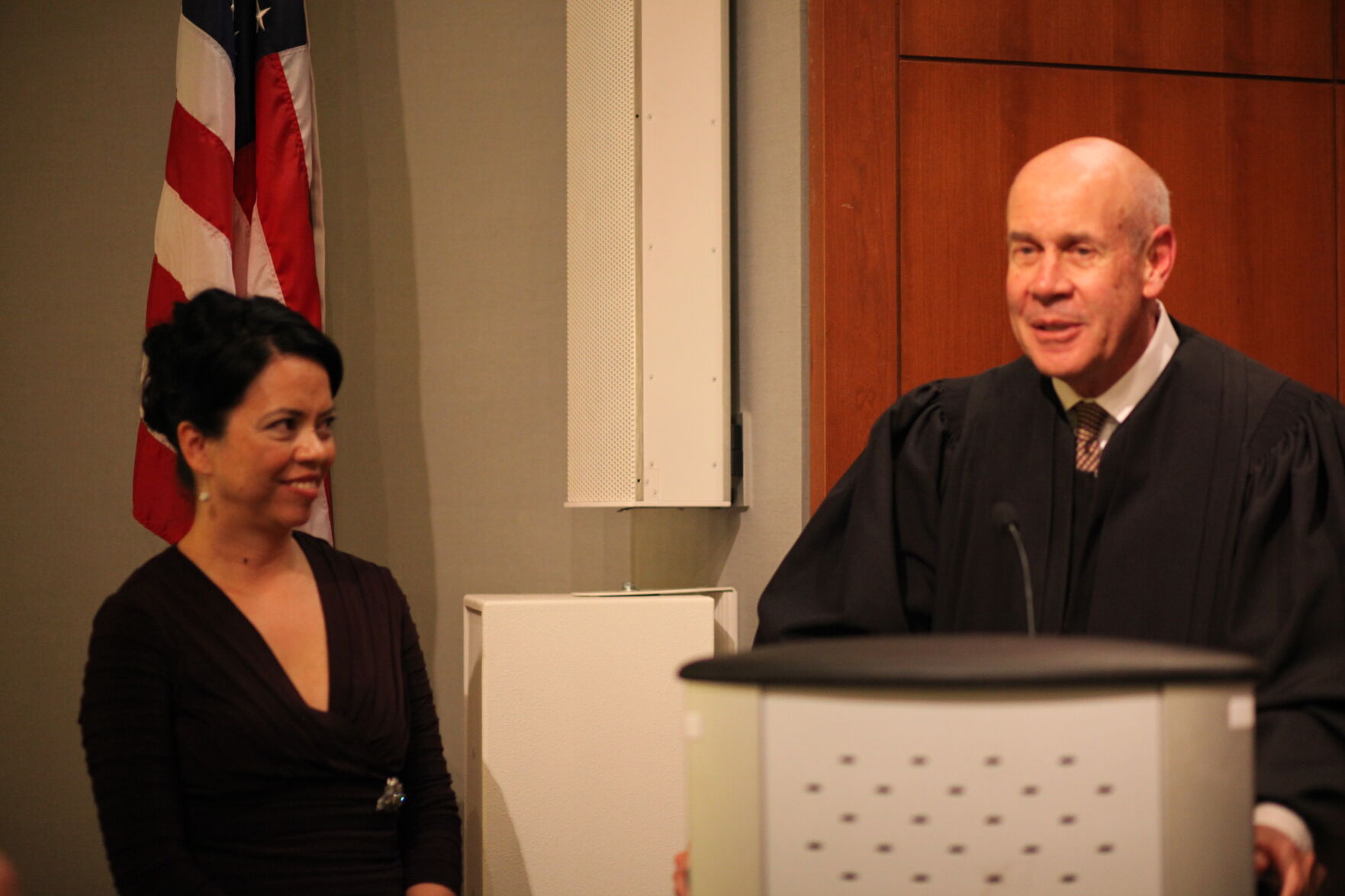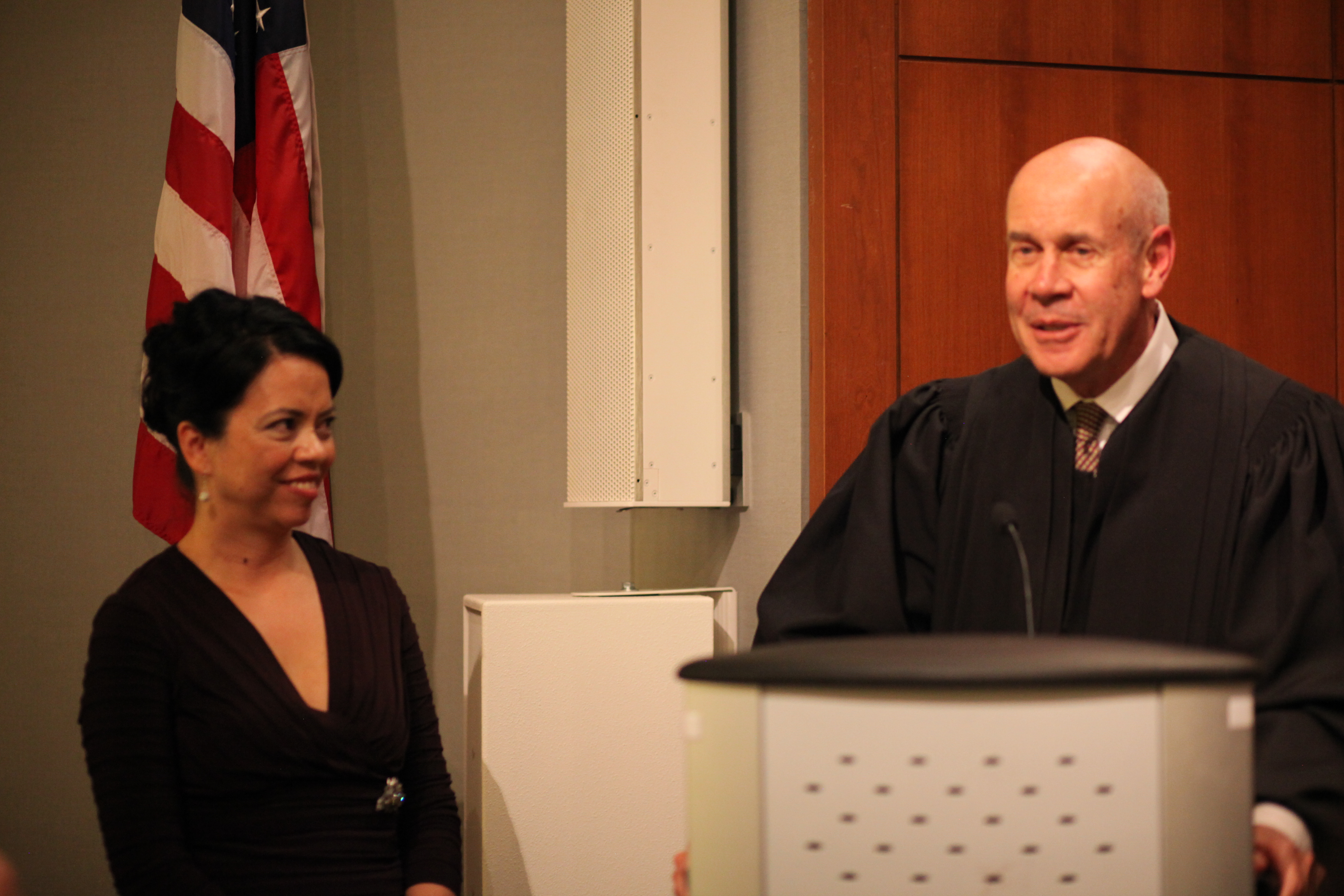DaVita criminal trial ends first week with executive hiring under microscope

The criminal trial of kidney care company DaVita, Inc. and its former leader, Kent Thiry, ended its first week with a detailed look at the flow of DaVita employees to Radiology Partners, another healthcare company the government alleges was involved in a conspiracy to stifle competition in the labor market.
Jurors heard from Rich Whitney, the former chief financial officer of DaVita who co-founded Radiology Partners and still serves as its CEO. In November 2013, Whitney emailed Thiry a list of “ground rules” intended to place conditions on Radiology Partners’ recruitment of DaVita workers to his company.
“Apparently Kent had heard from others within his organization that people at RP may have been targeting DaVita employees, and we had at that point already hired a handful of DaVita executives,” Whitney testified. “I agreed to not recruit people I believed were not otherwise looking to leave DaVita.”
The agreement is one of three involving DaVita that the U.S. Department of Justice’s Antitrust Division alleged to be an unreasonable restraint on competition, in the same category as price fixing or bid rigging. In the government’s telling, Thiry intended to prevent DaVita workers from leaving DaVita, thereby “allocating the market” for employees.
The defense has suggested that the agreements actually provided an incentive for DaVita to work to retain top employees and did not stop anyone from changing jobs who wanted to.
Jurors heard earlier in the week about another agreement with Surgical Care Affiliates in which SCA and DaVita agreed not to solicit each other’s senior executives. The pact also required DaVita employees to tell their bosses they were looking to leave before they could be considered for employment at SCA, and vice versa.
Unlike that arrangement, Whitney’s non-solicitation ground rules with Thiry were in some ways more permissive. Whitney agreed to not pursue DaVita employees unless they either told Radiology Partners they were actively seeking to leave DaVita or they had specifically told their boss they were interested in employment elsewhere. Whitney said he and Thiry never explicitly agreed on the ground rules, but he chose to abide by the “spirit” of them.
At the same time, the Radiology Partners ground rules extended to all DaVita employees, not just executives.
The prosecution and the defense walked step by step through many of the DaVita employees who migrated to Radiology Partners since its founding in 2012, and some who did not. In one instance, Whitney was interested in hiring senior DaVita finance executive Guy Seay to be Radiology Partners’ chief financial officer.
But first, he wrote to Thiry.
“Let me immediately say that neither I nor anyone on my team has talked to Guy about this nor will we without your buy in,” Whitney said in an email. “I considered him off limits particularly in light of our recent good, healthy conversations on this topic.”
In response, Thiry said he “would prefer that there be no reach-out to him for a couple of weeks” until Thiry had a chance to discuss Seay’s options within DaVita.
Eventually, Thiry wrote back telling Whitney not to talk to Seay after all.
“Too bad. Guy is missing out on the best oppty he is ever going to see,” Whitney emailed to his fellow top executives at Radiology Partners.
Under questioning from the government, Whitney acknowledged he was asking Thiry’s permission to talk to Seay about Seay’s own future, in a way he would not with any other company.
“Is Mr. Seay copied anywhere on this communication?” asked Justice Department attorney Sara Clingan.
“Not that I can see, no,” said Whitney.
“Did Mr. Seay decide when you could stop talking to him? Or did Mr. Thiry?” Clingan continued. “You agreed to do that without Mr. Seay being copied on these emails.”
On cross-examination, the defense sought to recast the CEOs’ private discussions over Seay’s employment.
Thiry had reportedly told Seay about the opportunity with Radiology Partners and said that Seay was “free to call” Whitney at any time. Whitney also acknowledged the ground rules did not inhibit him from pursuing DaVita employees who were looking to change jobs.
“Is it true, sir, that you never felt like there were people at DaVita you wanted to hire, but could not because of the agreement?” asked attorney Juanita Brooks.
“I can’t think of any examples where that would have been the case,” Whitney said.
Previously, jurors had posed questions to witnesses not only about the effect the non-solicitation agreements had on CEOs who wanted to hire workers, but on workers who potentially wanted to be hired. After hearing four days of evidence about the agreements, jurors were curious about the unique circumstances of Radiology Partners’ guidelines.
One juror picked up on the fact that Thiry had invested millions of dollars into starting up Whitney’s company shortly before the proposed ground rules.
“Did Kent Thiry’s investment in Rad Partners influence the decision to engage in the gentlemen’s agreement? Or was the arrangement based more on maintaining your relationship with Kent Thiry?” one juror wrote.
“It was to maintain the relationship,” Whitney responded. “I know these seem like big numbers, but Radiology Partners has raised well over a billion dollars of investment.”
Whitney acknowledged that Radiology Partners had applied for leniency with the Antitrust Division, meaning the company and its executives would not be prosecuted for their role in potentially-illegal activity in exchange for their cooperation.
If convicted of conspiring to violate federal antitrust law, Thiry could receive up to 10 years in prison for each of the three counts. The criminal prosecution of non-solicitation agreements is the first of its kind, although the Antitrust Division has also filed charges against SCA in the Northern District of Texas for its agreement with DaVita. The judge in that case has not yet ruled on a motion to dismiss.
The government indicated it intends to call four more witnesses in its case, and the defense plans to present an expert witness. U.S. District Court Senior Judge R. Brooke Jackson informed the jurors they would likely begin deliberations by Thursday. The judge concluded the proceedings early on Friday so that one juror could attend the Rockies’ opening day.
The case is United States v. DaVita, Inc. et al.












